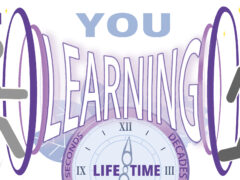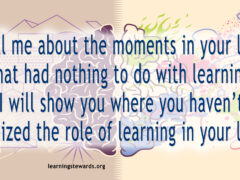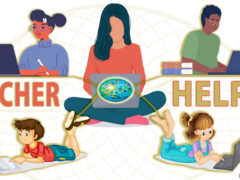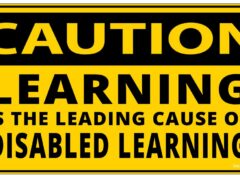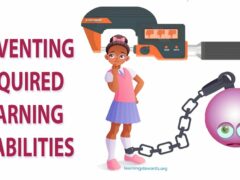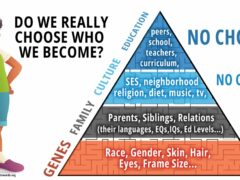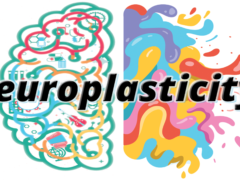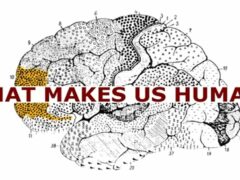It’s Time to Awaken Your Learning Rewind your life twenty minutes or twenty years. Now ask yourself: “What’s the difference between my innermost me back then, and my innermost me now? What’s the difference in how I am who I am? What about ME has changed?” Now ask yourself: “Within what’s changed, what’s not a […]
